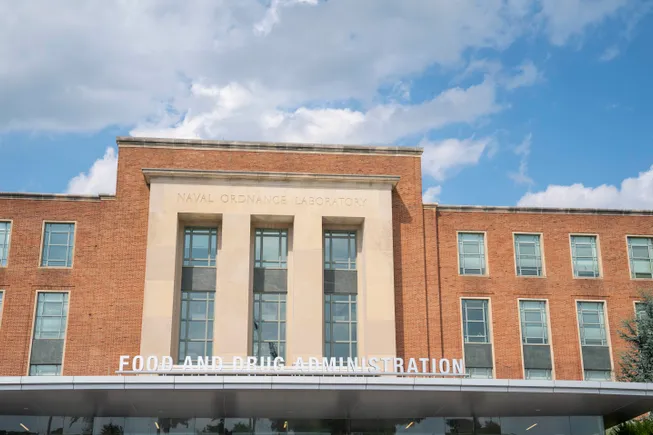The Food and Drug Administration (FDA) recently issued a warning to Amco International Manufacturing & Design, a producer of batteries for Automated External Defibrillators (AEDs) used in devices distributed by prominent companies like Philips, Stryker, and Zoll. This warning stemmed from Amco’s continued distribution of these batteries without obtaining the required premarket approval (PMA), a violation observed during an FDA inspection of Amco’s facilities in New York in March.
This issue finds its roots in regulatory changes made by the FDA in 2015, aimed at ensuring the safety and effectiveness of AED accessories necessary for the devices to function properly, such as batteries and pad electrodes. The FDA had published a final order in February 2015, compelling manufacturers of such accessories to submit a PMA within 90 days. However, enforcement of this requirement was initially deferred for currently marketed AEDs for 15 months under certain conditions, and later, the deadline for the submission of PMA for necessary accessories was extended to February 2020. Due to the COVID-19 pandemic, the FDA extended this deadline further to February 2022.
Despite the extensions, Amco neglected to comply by the final deadline of February 2022. The FDA’s subsequent inspection revealed that Amco continued to manufacture and distribute these batteries without approval, which led the agency to classify the devices as adulterated under U.S. law. In response, the FDA’s letter demanded that Amco halt any activities that result in the adulteration of AED accessories deemed necessary and quickly remedy the identified violations.
As part of the FDA’s crackdown, Amco was given 15 business days from the receipt of the warning letter, which was dated June 25, to outline the corrective steps they had taken and to detail their strategy to avoid future violations. It remains pertinent for firms like Amco, which tout their capacities in various fields including communication and thermal imaging, and promote themselves as providers of cost-effective alternatives to OEM (Original Equipment Manufacturer) batteries, to maintain compliance with regulatory standards to ensure safety and efficacy in medical devices.
The regulatory oversight by the FDA underscores the importance of adherence to medical device standards and the potential repercussions of non-compliance. This situation serves as a cautionary tale for other manufacturers in the medical device industry, particularly those producing essential components like AED accessories, stressing the necessity of obtaining proper approvals and abiding by regulations to avoid legal and safety issues. The fallout from such regulatory failures can impact not only the companies involved but also the effectiveness and reliability of life-saving devices like AEDs. The ongoing regulatory developments and enforcement actions by the FDA highlight the dynamic nature of the medical device regulatory landscape, one that companies must navigate carefully to align with legal and safety requirements.
#FDA #sends #warning #letter #defibrillator #battery #manufacturer



